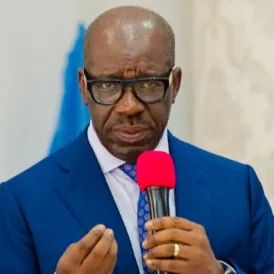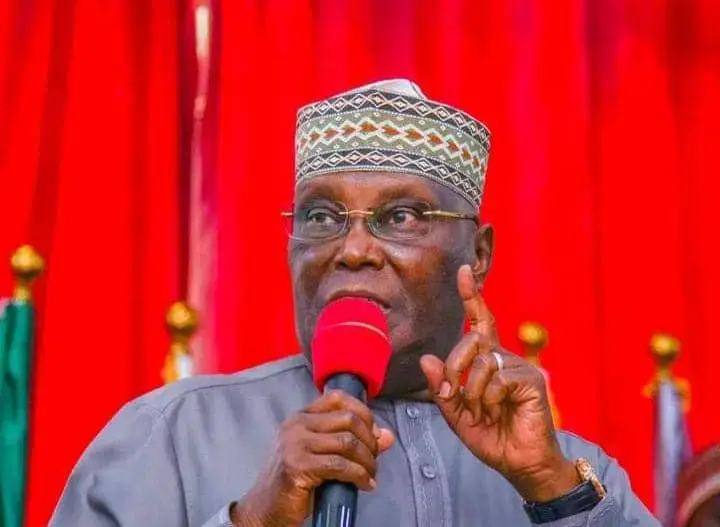The Edo State Governor, Mr. Godwin Obaseki, has made the case for youth participation in governance and politics, reiterating the need to provide young people with the opportunity to chart a roadmap that outlines their yearnings and aspirations for a better and more prosperous nation.
Obaseki, while speaking to journalists in Benin City, said his government remains committed to youth development and will sustain investments to empower them, providing the youths with the right environment and infrastructure to live life to the fullest.
The governor said the youths have made a bold statement with the last presidential election and must now be supported and given the opportunity to contribute to charting their own future and the roadmap that will put the country on the path of growth and development.
He said, “First, I think we must acknowledge the power of youths. You see their methods and what happened in our last elections. The changes you have seen in our political landscape are being driven by the youth. I am one politician who has always highlighted this because I work with a lot of young people. I believe in them; I see their energy and intellect.”
The governor further noted, “It’s about them and I believe we should hand over to them. We have done our time but unfortunately, Nigeria has not attained its full potential. To date, we are still talking about the potential of the country. Let the younger people take over and use their energies to create the Nigeria they will live in.”
Obaseki, however, urged the young people not to lose hope in the country, but to remain united and work together towards a progressive and prosperous Nigeria.









